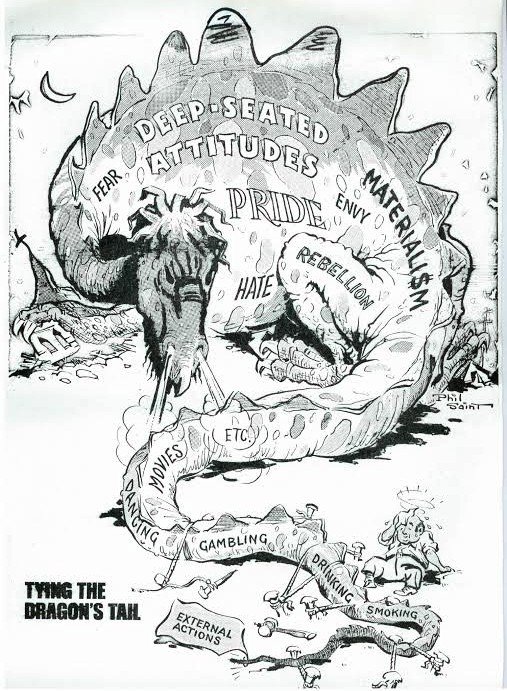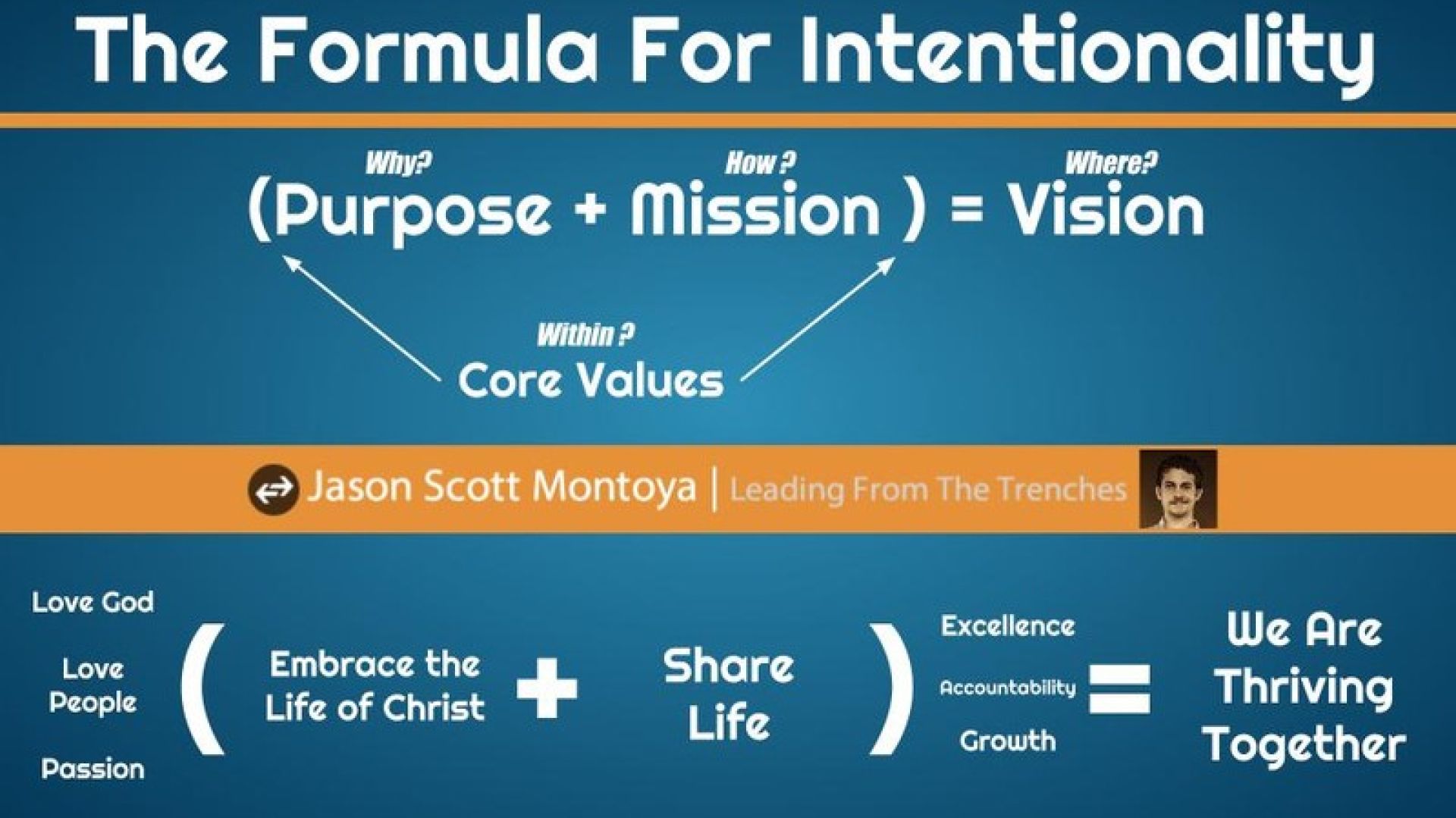
The Glass Box Principle: Effectively Test the Untrustworthy and Wisely Probe Trusted Authority (Including Yourself)
It's easier to call people names than it is to recognize our blind spots.
People facing strong cognitive dissonance need to get more intense with their contradictory convictions. Instead of seeing these blind spots and problems with their thinking (including the consequences they impose on others), people can instead double down on dominating others, giving them the control they desire.

Life is Hard. Business is Challenging. The World is Uncertain.
Leaders, freelancers, and entrepreneurs: Get stories & systems, for navigating the challenges, in your inbox.
Pride drives us to believe that we have the full story, the complete answer, when in fact we have a giant blind spot (or several) that we do not see, nor do we want to. We choose, willingly, to step forward blindly.

Humility allows us to be open to seeing the blind spots we hold and prevents the catastrophe that will inevitably unfold when we hold tight to our way and close off from seeing our blind spots.
When we've gone through a good amount of life and have had success traversing life, our way of life has likely worked out for us. This is the danger zone because if things change, and we operate in this old paradigm, which did work for us, we can expect it to work in this new context (when in fact, it may generate the opposite results).
A powerful mental model to help us keep our pride at bay and amplify our humility is what I call the Glass Box principle.
If you're unfamiliar with a black box, here's a quick description from Wikipedia.
"a black box is a system which can be viewed in terms of its inputs and outputs (or transfer characteristics), without any knowledge of its internal workings."
Wikipedia goes on to describe the glass box as follows.
"...a system where the inner components or logic are available for inspection."
I've piggybacked on this idea and applied it towards a way of life and mental mode. The glass box is a principle to keep us open to being wrong, and to test whether we're in alignment with what is true.
This is the glass box idea, more practically put as follows: Effectively Test the Untrustworthy and Wisely Probe Trusted Authority (Including Yourself).
The truth can come from the most unexpected of places, including those we disagree with. And we can be sure we (or those we trust) are right and think that we (or those we trust) know what's true, and yet, we can still be deceived.
"...the pessimist thought everything bad, except himself." - GK Chesterton, Orthodoxy
We must recognize that our blind spots mean we can be deceived. We can be missing something. Part of this required clarity comes from an appreciation that we're on a spectrum. Someone may be in alignment with the truth on 75% of things and off the mark on the other 25%; or vice versa.
We must hold open to these possibilities (that we — and those we trust — may be wrong and that our rivals and those we disagree with may be right). This is a conviction to hold if we want to prevent our pride from taking a stranglehold on us and leading to our fall.
As I mentioned in a previous post, our pride can swell when we mock and belittle those who are deceived when we do know what's true. We must instead have compassion for those who are deceived to cultivate our humility and prevent the tables from turning, where we are the ones who are deceived.
Be open to an argument demonstrated by those you despise. Be vigilant in your own bias and perspective, seeking to discover where you are wrong (because somewhere, we all are).
Additional Resources
- The graphic above was shared with me by my great-uncle Norman Plunkett. You can read about him here.
- Christy Lynne Wood and I discuss this image on the Share Life podcast. You can learn more about that conversation here, or watch the clip from our full conversation, below.



